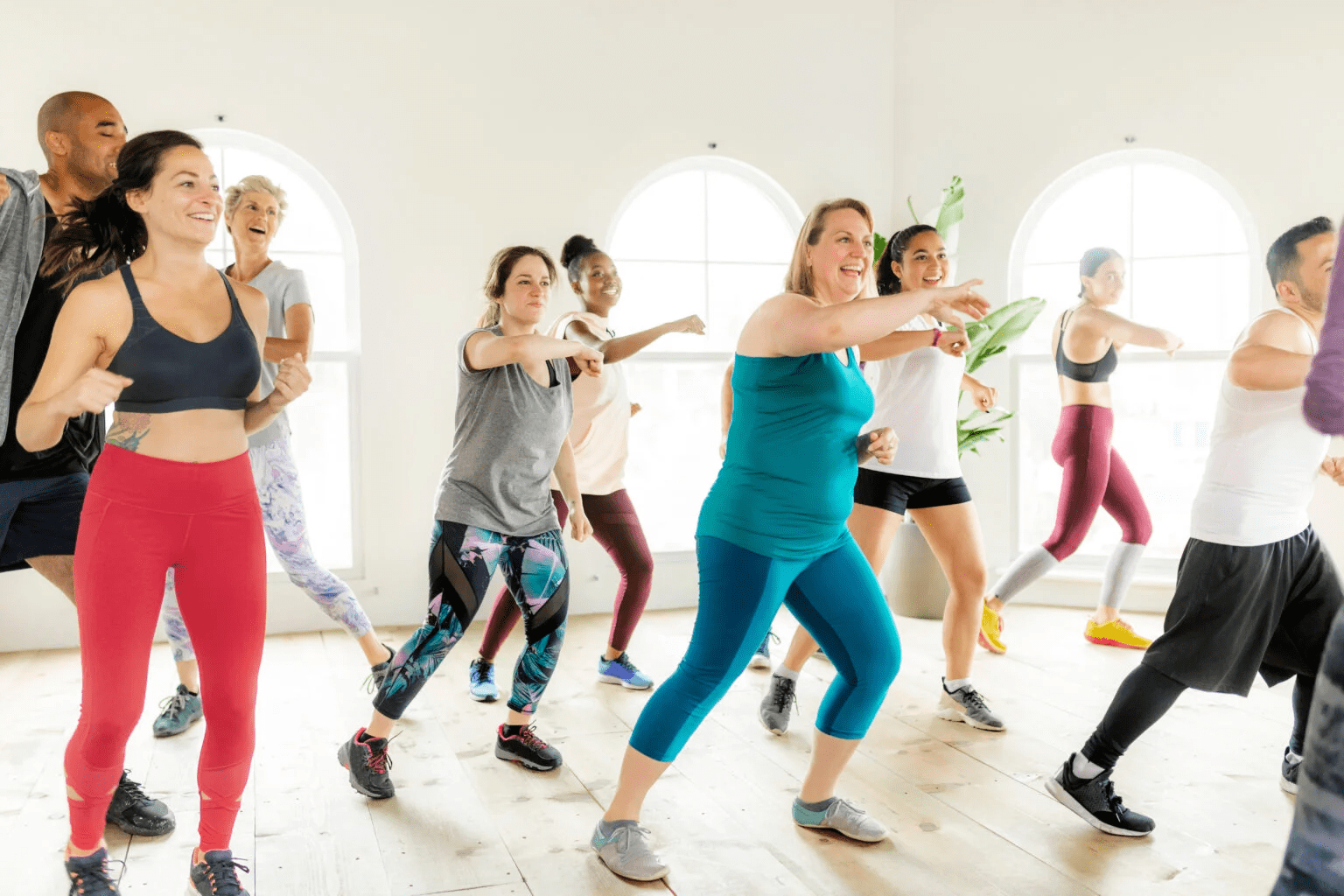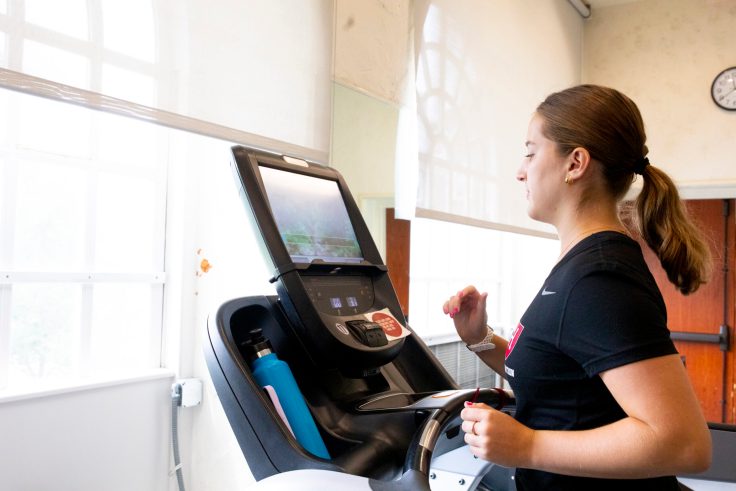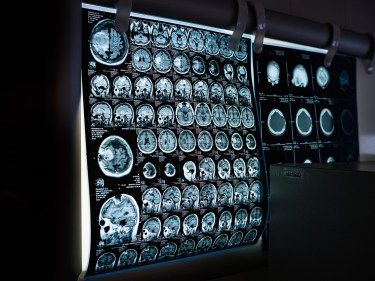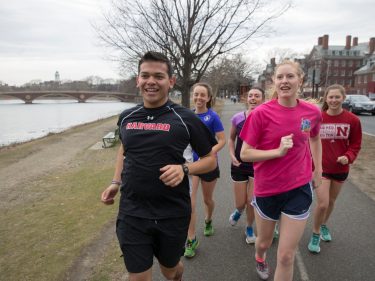Exercise
Physical Fitness
Exercise—from gentle stretching to high-intensity training—is not only important for physical health, but Harvard experts are finding benefits for stress, memory, mood, and more.
Expert advice
Activity, not exercise
Professor I-Min Lee says what’s important for health isn’t necessarily physical “exercise,” but physical activity: moving muscles and expending energy however you can.
Make it fun
Making exercise necessary and fun can help us overcome our natural reluctance to work out, says Professor Daniel Lieberman.
Prioritize strength
Harvard Medical School alum Anita Reddy says increased strength helps with the prevention of arthritis and bone fractures, so it’s important to stay active as we get older.
Getting started
Exercise plays a key role in the physical and mental wellbeing of people of all ages. Research shows that moderate physical activity can reduce the risk of heart disease, depression, dementia, and several types of cancers.

-
-
Walking
Good exercise for people just starting their routine
Learn more about this accessible way to stay active -
Yoga
Perfect exercise for people looking for mind and body benefits
Learn more about this 5,000-year-old way to stay active -
Dance
Fun exercise for people wanting to practice their moves
-
High-intensity interval training
Great exercise for people without a lot of time
Learn more about this quick and powerful way to stay active

People with special considerations
An activity for all types
Researchers have found that exercise is not just something that should be practiced by young, healthy individuals. It is also important and beneficial for people with joint issues, people with limited options, people who require low impact, people who are pregnant, and even people who only have time for walking.
On campus
At Harvard there are plenty of opportunities to get moving and have fun with exercise. From gym facilities and group classes with Harvard Recreation, to CrimsonZip‘s workout buddy connections, members of the Harvard community can participate in a wide range of activities (even goat yoga!).
An array of benefits
Harvard researchers are discovering all the ways in which exercise improves physical and mental wellbeing.

Small bursts can offer big changes
A study by Massachusetts General Hospital has found that 12-minute exercise bursts demonstrated an uptick in circulating metabolites, which govern insulin resistance, stress, inflammation, and longevity.
Small bursts can offer big changes- Brain
Exercise can improve cognition for those with Alzheimer’s

- Cancer
Lack of exercise could contribute to an increased cancer risk

You may also like



